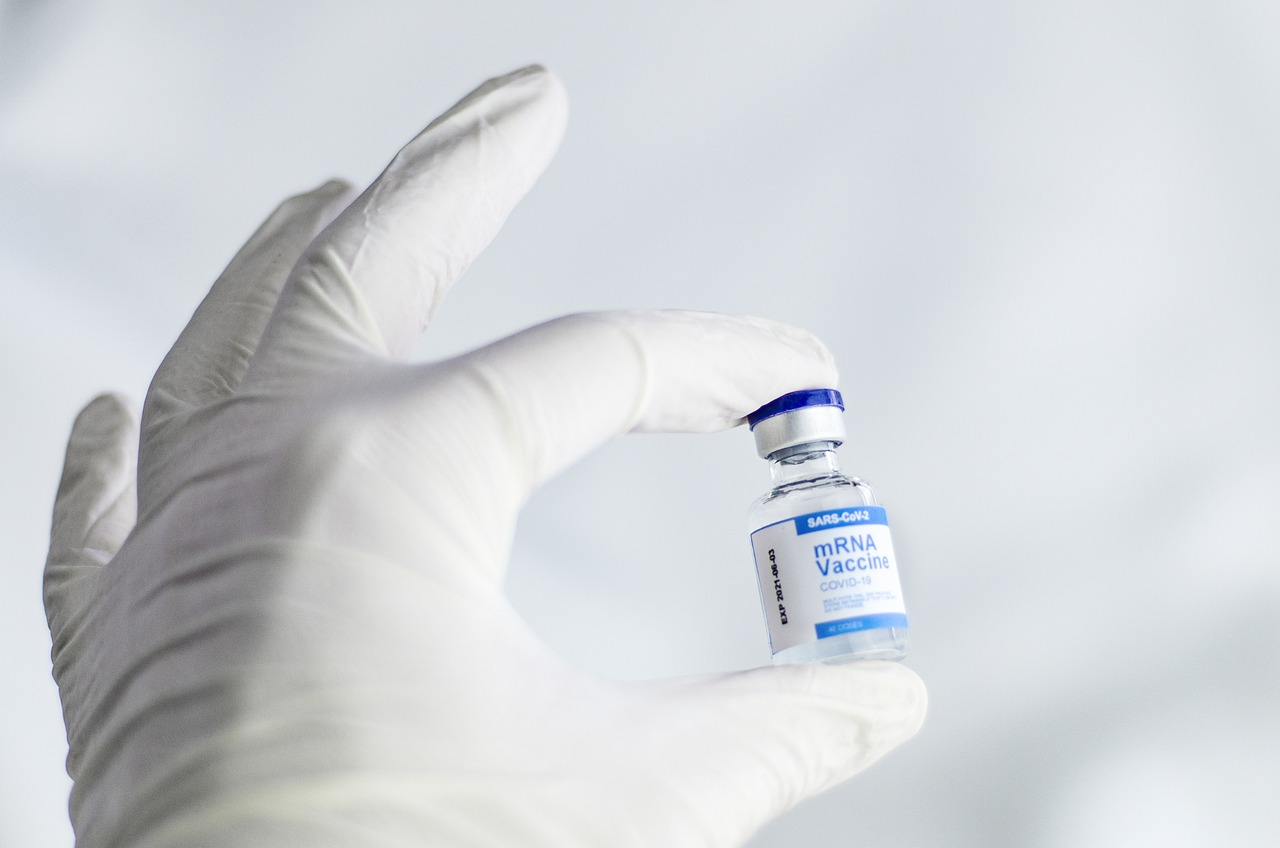For many years, the Wits/SAMRC Antiviral Gene Therapy Research Unit (AGTRU) has been working on developing the use of DNA and RNA to treat and prevent serious viral infections of public health importance in sub-Saharan Africa. This gene therapy approach is based on rational design, which in turn is informed by knowledge about DNA sequences. With impressive advances in sequencing technology, there is a wealth of information that may be applied to advancing gene-based treatment and prevention of diseases of global importance.
After the COVID-19 pandemic emerged, it became clear that the use of DNA and/or RNA may be repurposed for vaccination against SARS-CoV2. The technology was successfully applied by leading international vaccine manufacturers such as Johnson & Johnson and Pfizer/BioNTech. Serious problems associated with COVID-19 and limited vaccine access in low- and middle-income countries (LMICs) propelled vaccine research and pandemic preparedness to the fore.
In April 2021, the World Health Organization (WHO) announced a call for entities to host a regional hub to develop mRNA vaccination technology. The call was focused on private companies linked with Academia and contained a significant training component for scientists from across Africa. The goal has been to build mRNA vaccination capacity in South Africa and other LMICs throughout the world. Afrigen and the South African Medical Research Council (SAMRC) submitted a proposal to coordinate the initiative. With its background in gene therapy, the SAMRC/Wits AGTRU has been able to provide technical support to the project.
To advance mRNA vaccination technology, the SAMRC/Wits AGTRU entered a partnership with Afrigen Biologics in September 2021, where initial investigations were aimed at generating an mRNA vaccine against SARS-CoV2. Although commercially available vaccines against the virus already work efficiently, using established methods of anti-SARS-CoV2 mRNA vaccine characterisation and quality assurance are valuable to verify procedures of production. Information in the public domain was initially used to generate a template (plasmid DNA) that could be used to make the SARS-CoV2 spike protein-encoding mRNA in vitro. The mRNA was then formulated in lipid nanoparticles, which are required to deliver the sequence into cells after injection. Subsequent, injection of the candidate vaccine into mice resulted in very strong immune responses, where both antibody production and neutralization were efficient and compared favorably to a licensed vaccine.
During the development of the vaccine, several important procedures were established and these are being optimized by Afrigen to comply with good manufacturing practice. Evaluation in clinical trials is planned for later during 2023.
Experience with establishing the workflow to develop an mRNA vaccine ab initio has been valuable. Establishing the technology is a valuable resource and lays the foundation for generating new vaccines that can be used to counter other pathogens, such as Mycobacterium tuberculosis (Mtb) and HIV. Work on these topics is progressing well and involves teams of Prof Tom Scriba and Dr Munya Musvosvi (Mtb), and Prof Anna-Lise Williamson, Prof Ed Rybicki and Dr Ros Chapman (HIV) from UCT. Members of the SAMRC/Wits AGTRU who are contributing to the work are Associate Prof Abdullah Ely, Dr Kristie Bloom, Dr Njabulo Mnyandu, Mr Dylan Kairuz, Ms Nyasha Gorogodo, Ms Nozipho Mlotshwa and Prof Patrick Arbuthnot.

In conclusion, Prof Patrick Arbuthnot – Director (AGTRU) said “mRNA vaccination technology is at an exciting early phase of its development. Establishing the platform in South Africa and other LMICs augurs well for successfully countering serious pathogens that are often neglected.”
Read more about the Antiviral Gene Therapy Unit | HERE

